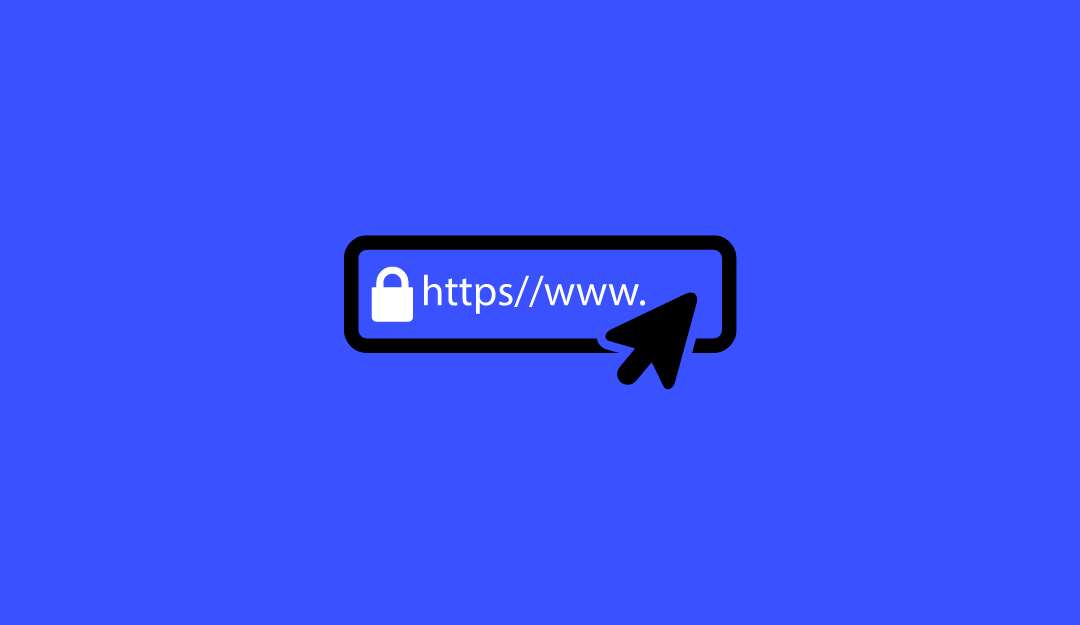If you’re planning to start a website, launch a business online, or simply explore the digital world, you’ve probably heard the term “domain name.” But what exactly is a domain name, and why is it important?
In this article, we’ll break down everything you need to know about domain names, their significance, and how they work, with a focus on how Australians can benefit from choosing the right domain.

What is a Domain Name?
A domain name is the unique web address people type into their browser to visit your website. Think of it as the digital equivalent of your home address—without it, visitors wouldn’t know where to find you on the internet.
For example:
A domain name is made up of two parts:
- Name: The unique identifier (e.g., “google” in google.com).
- Extension: The suffix that follows the name (e.g., “.com” or “.com.au”).
How Do Domain Names Work?
Every website is hosted on a server with a specific IP address (e.g., 192.0.2.1), which is like a phone number for your website. Since IP addresses are hard to remember, domain names simplify the process.
When someone types your domain name into their browser:
- The browser communicates with a global system called the Domain Name System (DNS).
- The DNS translates the domain name into the corresponding IP address.
- The browser connects to your website’s server and loads the content.
Why Are Domain Names Important?
- Brand Identity: Your domain name reflects your business or personal brand. A professional domain boosts credibility.
- Memorability: A simple, catchy domain makes it easy for visitors to return.
- SEO Benefits: A domain with relevant keywords can improve your website’s visibility in search engines.
- Australian-Specific Appeal: For Australian businesses, using a .com.au domain shows local relevance and builds trust.
Types of Domain Extensions
Here are the most common extensions and their uses:
- .com: The most popular and globally recognized extension.
- .com.au: Perfect for Australian businesses, as it signifies local trust and reliability.
- .org: Used by non-profit organisations.
- .net: Typically used by tech and networking companies.
Choosing the Right Domain for Australians
For Australians, a .com.au domain is often the best choice, especially for businesses targeting local customers. However, there are a few things to keep in mind:
- Eligibility: To register a .com.au domain, you’ll need to prove your connection to Australia, such as an ABN (Australian Business Number) or ACN (Australian Company Number).
- Keep It Short and Relevant: Avoid long or complicated names that are hard to type or remember.
- Avoid Hyphens and Numbers: These can confuse your audience and make your domain harder to share verbally.
- Be Unique: Ensure your domain name doesn’t infringe on trademarks or mimic competitors.
How to Register a Domain Name in Australia
- Choose a Registrar: Pick a domain registration service like GoDaddy, Crazy Domains, or Namecheap.
- Search for Availability: Use the registrar’s search tool to check if your desired name is available.
- Register and Pay: Once you’ve found the perfect domain, pay the registration fee to secure it for a specific period (usually 1-2 years).
Tips for Managing Your Domain
- Renew on Time: Set reminders for renewal dates to avoid losing your domain.
- Protect Your Privacy: Opt for domain privacy protection to hide your personal information from public databases.
- Use It Strategically: Link your domain to your website, email address (e.g., [email protected]), or online store.
Conclusion
A domain name is more than just a web address—it’s the foundation of your online presence. For Australians, choosing the right domain, especially with a .com.au extension, can set your business apart and build trust with local customers.
Whether you’re launching a blog, starting an e-commerce store, or creating a portfolio, the right domain name is your gateway to the digital world. Take your time, make it memorable, and ensure it represents your brand perfectly.

